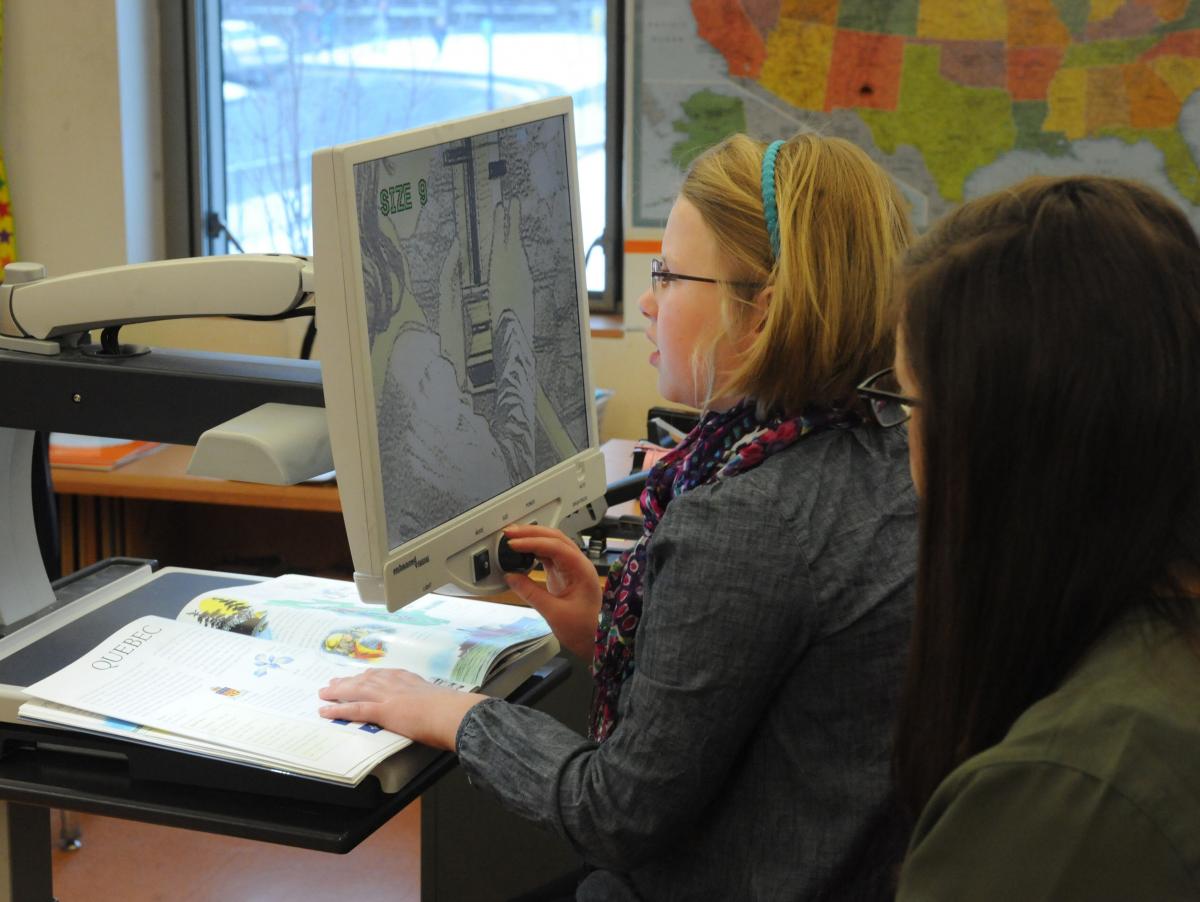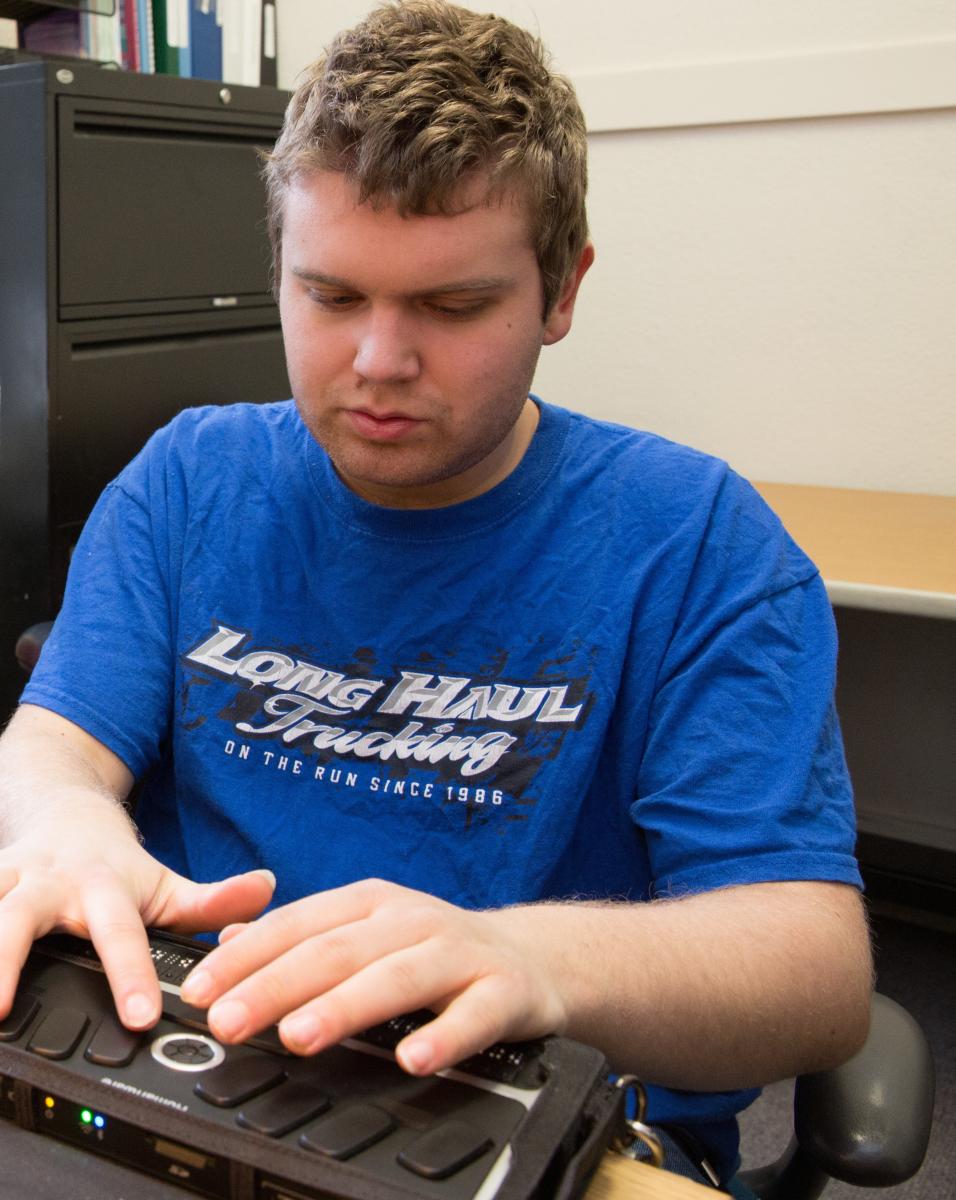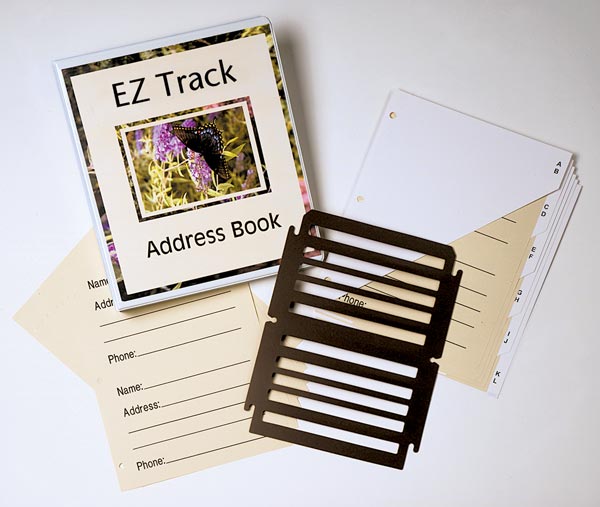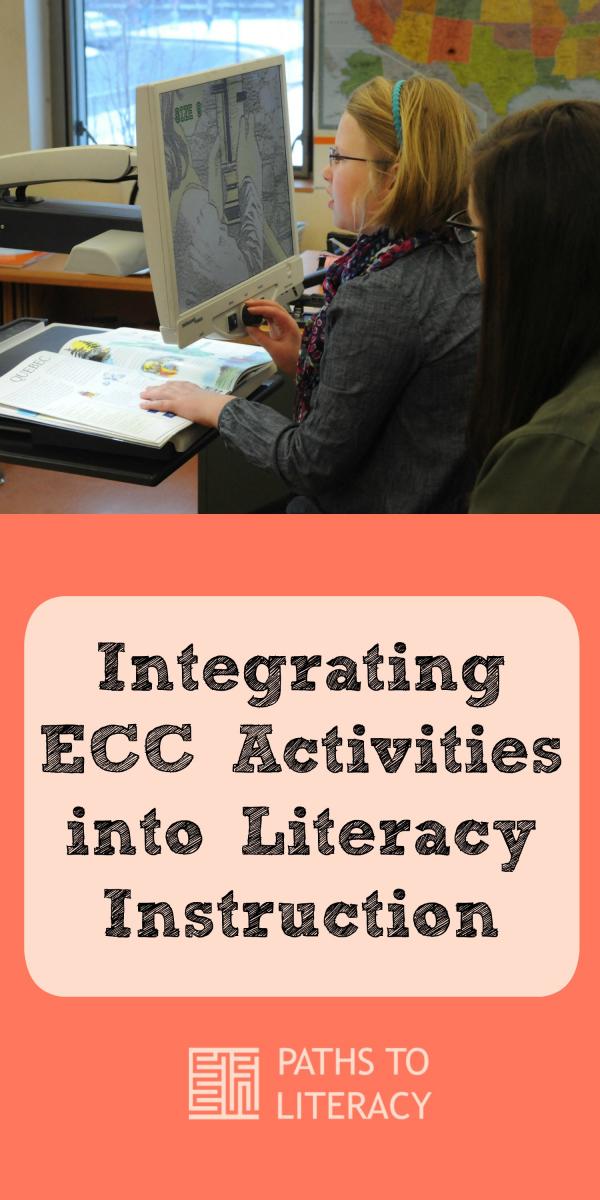Integrating ECC Activities Into Literacy Instruction
Submitted by Liz Eagan on Jan 03, 2017
 Why is the grass greener on the other side? “'The grass is always greener on the other side' because the other side knows what fertilizer to buy," I often heard growing up. But is it? Is the grass greener because they know when to water, when to mow, which weed killer to use? Why not learn from the expert on the other side so that my grass will be just as green? In order for students with visual impairments to learn from the expert on making greener grass, they must first be given the tools to do so. These students need to have in their toolbox a range of strategies and competencies to aid them on their road of discovery.
Why is the grass greener on the other side? “'The grass is always greener on the other side' because the other side knows what fertilizer to buy," I often heard growing up. But is it? Is the grass greener because they know when to water, when to mow, which weed killer to use? Why not learn from the expert on the other side so that my grass will be just as green? In order for students with visual impairments to learn from the expert on making greener grass, they must first be given the tools to do so. These students need to have in their toolbox a range of strategies and competencies to aid them on their road of discovery.The ECC provides competencies and strategies for a student's toolbox.
Having a toolbox is vital to students with visual impairments because they need to be taught the skills that individuals with typical sight learn through the power of observation. What is learned through observation, imitation, and feedback from the adult will go unnoticed by students with visual impairments. The Expanded Core Curriculum (ECC) gives these students a list of competencies and strategies for fulfilling them.
Students with visual impairments need to be able to communicate effectively; being able to hear what has been said is equally as important as relaying one’s thoughts to others. If others don’t hear what has been said, then the message has been lost. Knowing where and how to get to the store to buy the fertilizer, how to comparison price shop, how to read the directions on the fertilizer, what equipment is needed to use the fertilizer, and then enjoying the grass with friends and family, once it is greener, are all vitally important.
Is the ECC the same as the Core Curriculum?
The ECC includes skills that are not part of the core curriculum of reading, writing, mathematics, science, and social studies. Without this expanded core, a student with a visual impairment is not able to actively participate in the world. Without learning banking skills, for example, a student may think money just magically appears to anyone out of a machine on a wall. These students must learn the process that leads up to the ATM dispensing cash.
For every subject taught in school there is a way to tie it into the ECC. For example, when looking at the Texas Essential Knowledge and Skills (TEKS) objectives for 4th grade:
§110.6. English Language Arts and Reading
(4.15) Writing/purposes: The student writes for a variety of audiences and purposes, and in a variety of forms. (F) The student is expected to choose the appropriate form for his/her own purpose for writing, including journals, letters, reviews, poems, narratives, and instructions (4-5).
The objective is clearly defined. Educators simply need to review the nine ECC areas individually and consider how one might incorporate them. Following is an example of how I have incorporated the nine ECC areas in this TEKS objective.
Assistive Technology
 The student will use a computer or note taking device to write reviews after reading books. The student writes the reviews as a newspaper critic, a book jacket review, an Amazon website review, etc.
The student will use a computer or note taking device to write reviews after reading books. The student writes the reviews as a newspaper critic, a book jacket review, an Amazon website review, etc.Compensatory
The student will write poetry using the different parts of speech and punctuation correctly. Students will create free verse, diamante poems, etc.
Career Education/Transition
Invite a journalist from the local paper to talk with the student about writing as a career path. Collaborate with the classroom teacher to arrange this activity for the entire class or as a pull-out activity.
Independent Living Skills
The student will be assigned a pen pal with a similar visual disability at another campus or in another town. Letters will be exchanged via email or US mail.
Orientation and Mobility
The student will keep a travel journal of different routes, contacts, and businesses visited through out the school year. Collaborate with O & M instructor.
Recreation and Leisure
The student will start a diary of thoughts, poetry, or whatever the student wishes, as a means to put their thoughts to paper. The student will be assured that only the pages he or she wishes to share will be viewed.
Self-determination
The student will write a letter to a city councilman, state representative, senator, or other public official of their choice vocalizing a personal concern of any type, ranging from accessibility to crime.
Social Interaction Skills
 The student will create an address book or use a commercial one (such as APH’s EZ Track Address Book) gathering phone numbers of friends, family, local business, and other persons of interest. Business cards should be included for future reference.
The student will create an address book or use a commercial one (such as APH’s EZ Track Address Book) gathering phone numbers of friends, family, local business, and other persons of interest. Business cards should be included for future reference.Visual Efficiency Skills
The student will edit a selected written passage for misspellings and punctuation errors. The passage might be one I have created, or one from another student, or simply working on editing his or her own work.
How is the ECC implemented?
- Begin work from the student’s comfort level and gradually increase the complexity.
- Include the parents and classroom teachers as much as possible. One of my favorite activities is to have my students interview their parents on how they do a task. This gives the students an opportunity to see their parents as the expert and to learn from them.
- Collaborate with the classroom teacher and others on the educational team. Teaching the ECC is a joint effort by everyone on the educational team. Each person is vital in assisting the student to be a well-rounded individual on the road to independence.
- Learn what objectives, units, and activities are coming up in academic classes and brainstorm with the teacher on ways to incorporate the ECC into the curriculum.
- Recruit parents and other family members to assist with activities where they feel comfortable. This provides the family a chance to be the experts, as well as continuing their role as a life-long support system.
The grass on the other side of the fence isn’t just greener; the owner of the grass is merely more knowledgeable, due to their vast number of experiences. Once the student with a visual impairment gains knowledge due to numerous experiences, his or her grass will be greener, and become the envy of the neighborhood.
Reprinted with permission from Texas School for the Blind and Visually Impaired

